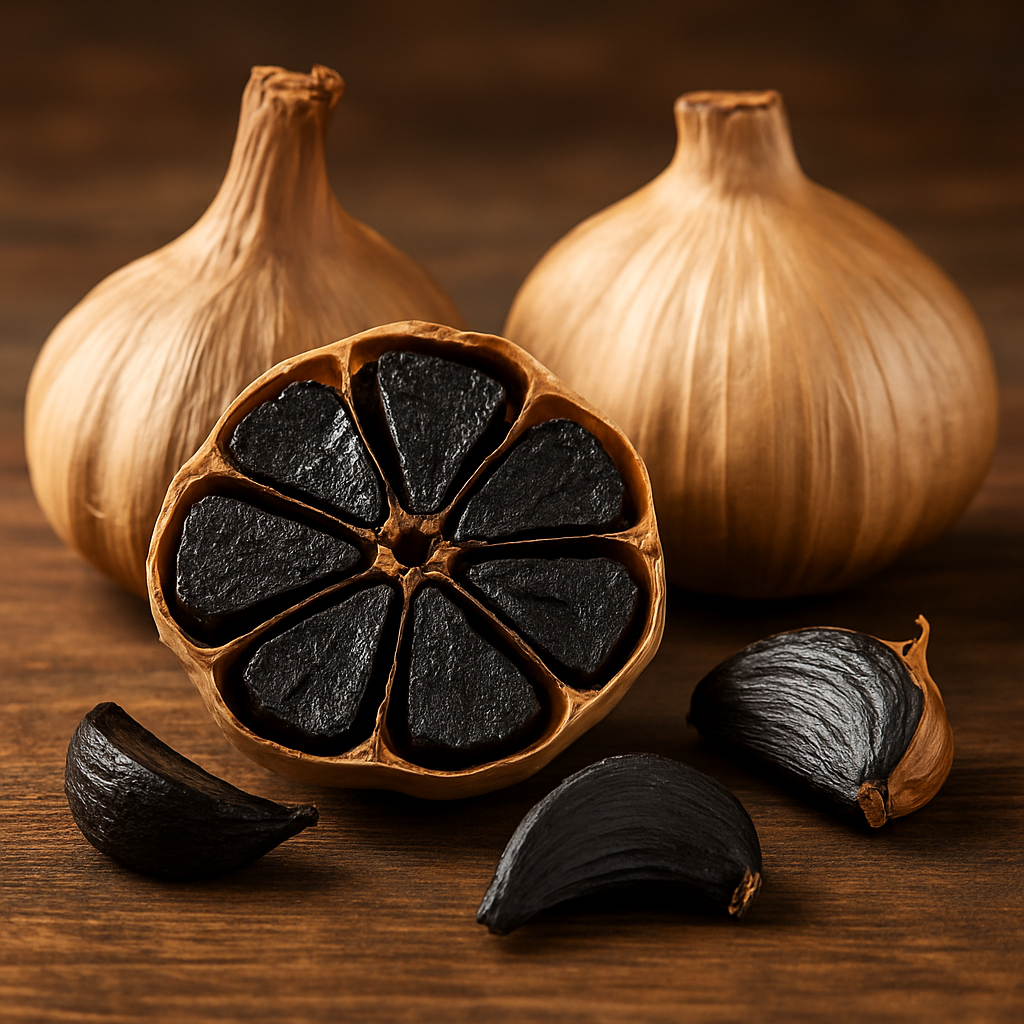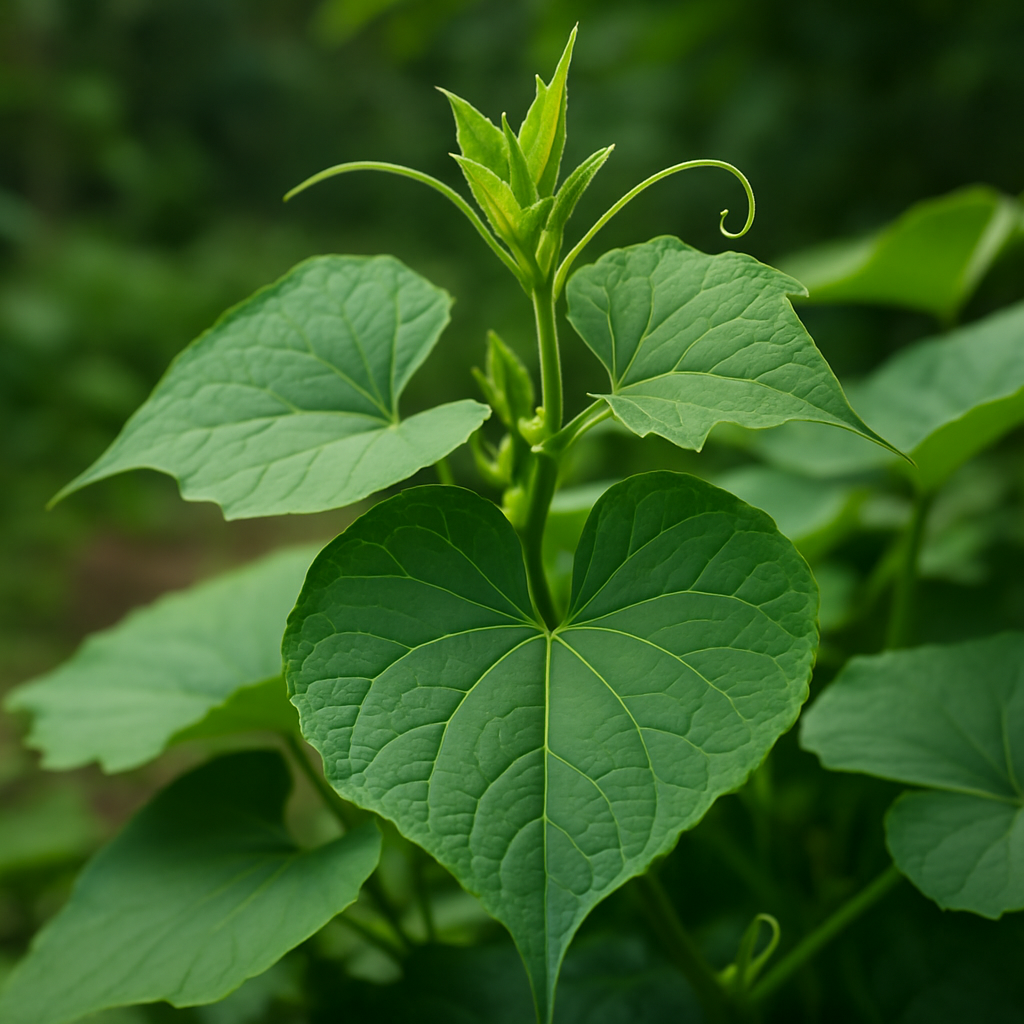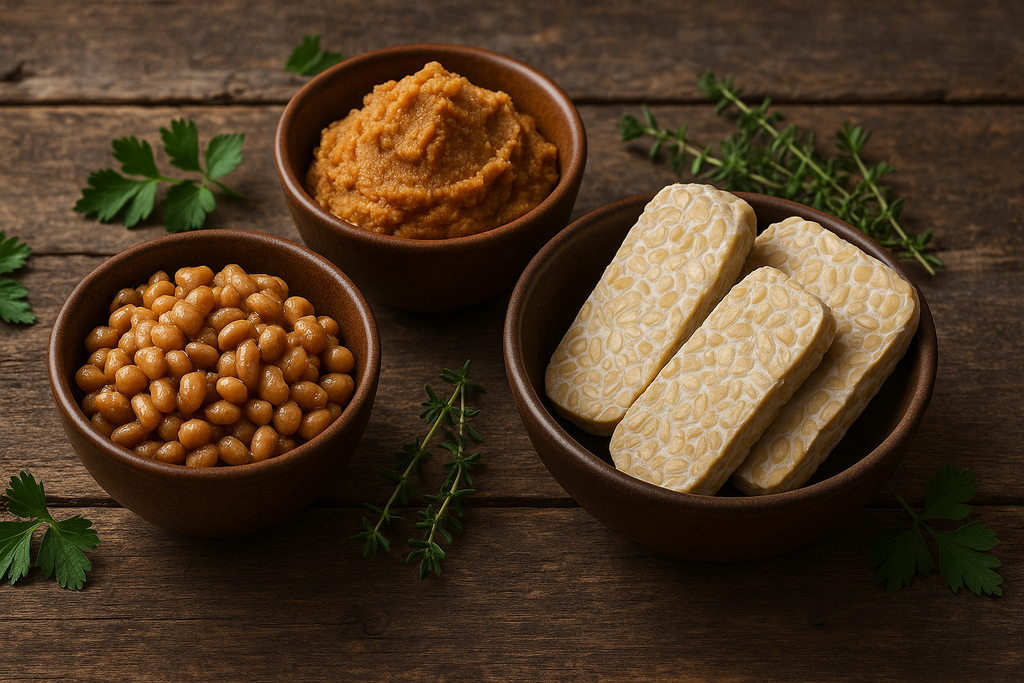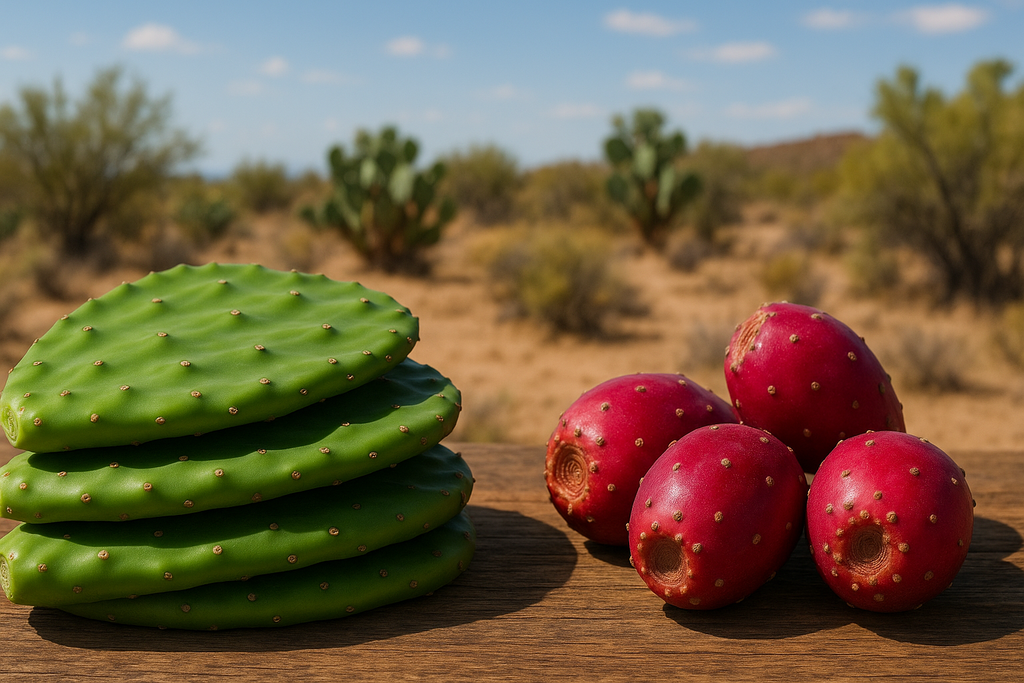News — heart health
Keep Arteries Clear: How Vitamin K2 Prevents Arterial Calcification
arterial calcification heart health vitamin k2
Heart disease remains the leading cause of death worldwide, and arterial calcification plays a silent but deadly role in this global crisis. As calcium deposits harden within the arterial walls, blood vessels lose their flexibility, restricting blood flow and increasing the risk of heart attacks, strokes, and other cardiovascular events. While calcium is often praised for its benefits in bone health, it becomes a double-edged sword when it ends up in the wrong places—like your arteries. Fortunately, science is uncovering a powerful ally in this fight: Vitamin K2.
Often overshadowed by its more famous relatives, Vitamin K2 has emerged as a crucial nutrient in the battle against arterial calcification. It plays a unique and vital role in directing calcium to where it belongs—in your bones—and away from your arteries. This article dives deep into the science behind Vitamin K2, its essential function in cardiovascular health, and how it might be the key to keeping your arteries clean and flexible. Whether you're looking to optimize your heart health or understand how nutrients shape your well-being, this definitive guide to Vitamin K2 will equip you with actionable insights backed by cutting-edge research.
The Fermented Secret: Discover the Health Benefits of Black Garlic
aged garlic anti-inflammatory foods black garlic black garlic benefits black garlic nutrition black garlic supplements black garlic uses black garlic vs raw garlic fermented foods fermented garlic garlic antioxidant garlic extract garlic fermentation garlic for blood pressure garlic for diabetes garlic superfood heart health immune support natural health foods S-allyl cysteine
Few superfoods have risen through the ranks as quickly—and as deliciously—as black garlic. With its deep, savory flavor and soft, spreadable texture, black garlic is far more than a culinary delight. This fermented form of traditional garlic is gaining global recognition for its powerful health benefits, which include antioxidant support, immune enhancement, and even heart health protection.
Black garlic isn’t just aged garlic—it’s a carefully fermented product that transforms the chemical makeup of the original bulb. The result? A sweeter, less pungent, and more nutrient-dense form of garlic that’s taking health-conscious kitchens and supplement shelves by storm. Whether you’re a wellness enthusiast or a flavor fanatic, understanding how black garlic became a nutritional powerhouse could change the way you think about this humble ingredient.
Chayote Leaves: An Overlooked Green for Blood Pressure Management
alternative medicine antihypertensive foods blood pressure herbs chayote and cardiovascular health chayote benefits chayote for circulation chayote leaf tea chayote leaves diuretic herbs endothelial health heart health herbal supplements for blood pressure herbal vasodilators leafy greens for blood pressure lower blood pressure naturally natural heart tonic natural hypertension remedies nitric oxide boosters potassium-rich greens Sechium edule
When it comes to managing blood pressure naturally, most people turn to familiar superfoods like garlic, beets, or leafy greens such as spinach and kale. But hiding in plain sight is a lesser-known yet remarkably potent contender: chayote leaves. Known for their use in traditional medicine across Asia and Latin America, these tender greens are finally starting to receive attention for their cardiovascular benefits—especially in the realm of blood pressure regulation.
Chayote leaves are more than just an edible part of a common vegetable—they're a nutrient-dense, bioactive-rich food with science-backed effects on circulation, vascular relaxation, and anti-inflammatory support. Whether steamed, juiced, or brewed into herbal tea, incorporating chayote leaves into your diet might offer a gentle yet effective way to support healthy blood pressure levels. Let’s explore how this humble green works its magic.
How Eating Fermented Beans Boosts Heart Health Naturally
ACE inhibitors natural arterial health bioactive peptides blood pressure support cardiovascular benefits cholesterol management cholesterol reduction fermented beans fermented foods benefits fermented soy gut-heart connection healthy circulation heart health miso natto nattokinase plant-based diet plant-based heart health probiotics tempeh
Fermented foods have been part of human diets for thousands of years, offering a flavorful way to preserve ingredients while enhancing their nutritional profile. Among them, fermented beans—such as natto, tempeh, and miso—stand out not just for their taste but for their unique health benefits. Packed with plant-based protein, fiber, and bioactive compounds, these humble legumes undergo a transformation during fermentation that boosts their impact on the body, especially the heart.
Cardiovascular disease remains the leading cause of death worldwide, but diet plays a powerful role in prevention and management. Fermented beans bring more to the table than just protein—they deliver probiotics, bioactive peptides, and heart-friendly enzymes that may help lower blood pressure, improve cholesterol profiles, and support healthy circulation. Far from being just a culinary tradition, they’re a delicious, science-backed ally for cardiovascular health.
Prickly Pear Cactus: A Natural Remedy for Blood Sugar Control
anti-inflammatory foods antioxidants blood sugar control cactus pads desert superfood glucose regulation heart health insulin sensitivity low glycemic foods natural blood sugar management nopales Opuntia plant-based diabetes support polyphenols prickly pear cactus prickly pear supplements soluble fiber traditional medicine tunas type 2 diabetes natural remedy
Growing wild under the hot sun in arid landscapes, the prickly pear cactus is more than just a striking desert plant. Known scientifically as Opuntia, it has been a staple in traditional diets and medicines across the Americas for centuries. Its vibrant pads and sweet, jewel-toned fruits aren’t just visually appealing—they’re packed with nutrients and unique plant compounds that may hold the key to better blood sugar control.
As the rates of type 2 diabetes and prediabetes continue to rise globally, interest in natural, food-based strategies for blood sugar management has never been greater. The prickly pear cactus, with its fiber-rich pads (nopales) and antioxidant-filled fruits (tunas), has captured the attention of researchers for its ability to slow carbohydrate absorption, improve insulin sensitivity, and help maintain more stable glucose levels. This desert treasure might just be a powerful ally in modern metabolic health.





